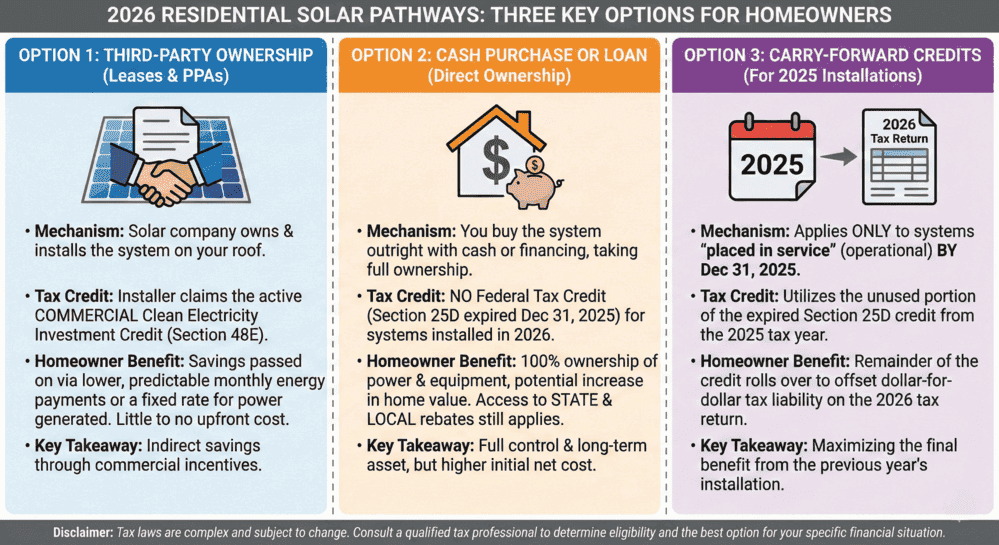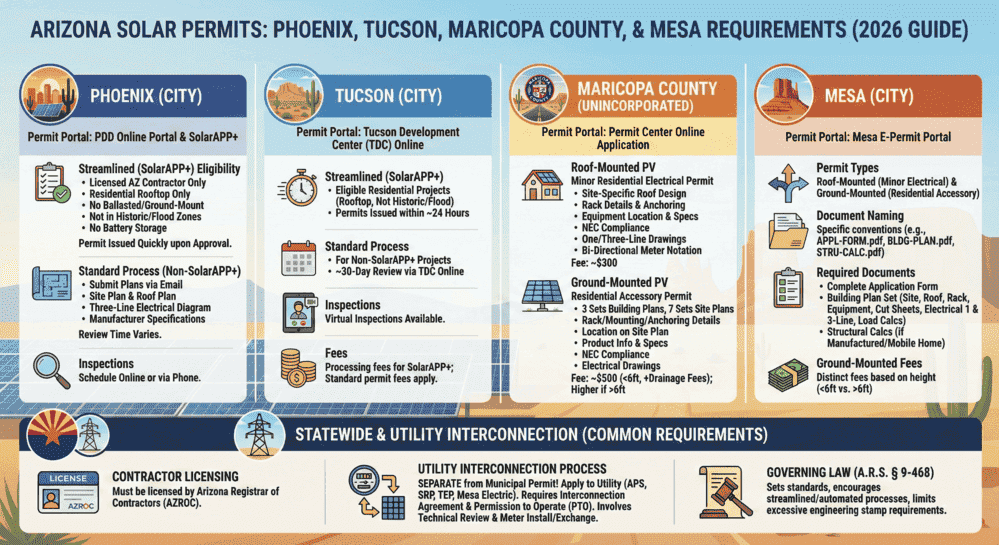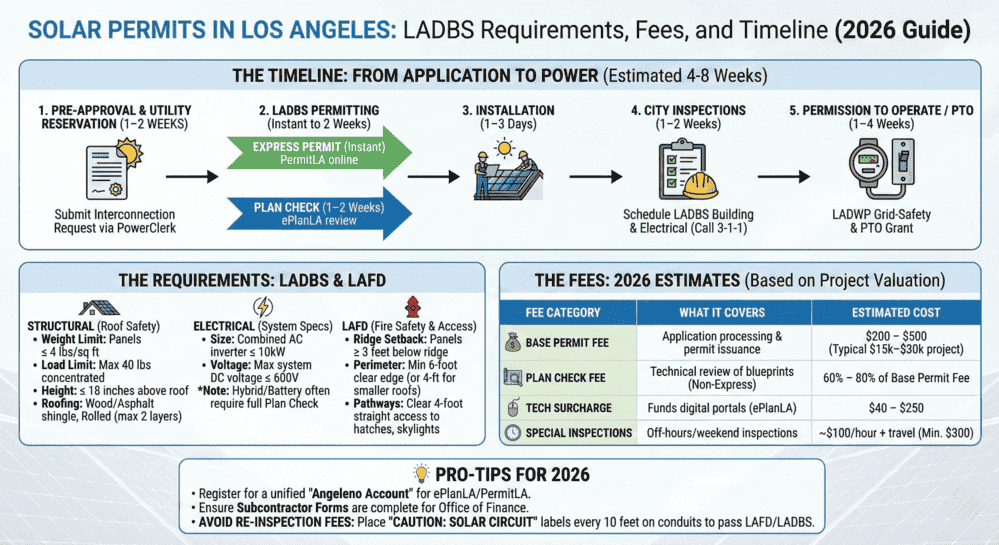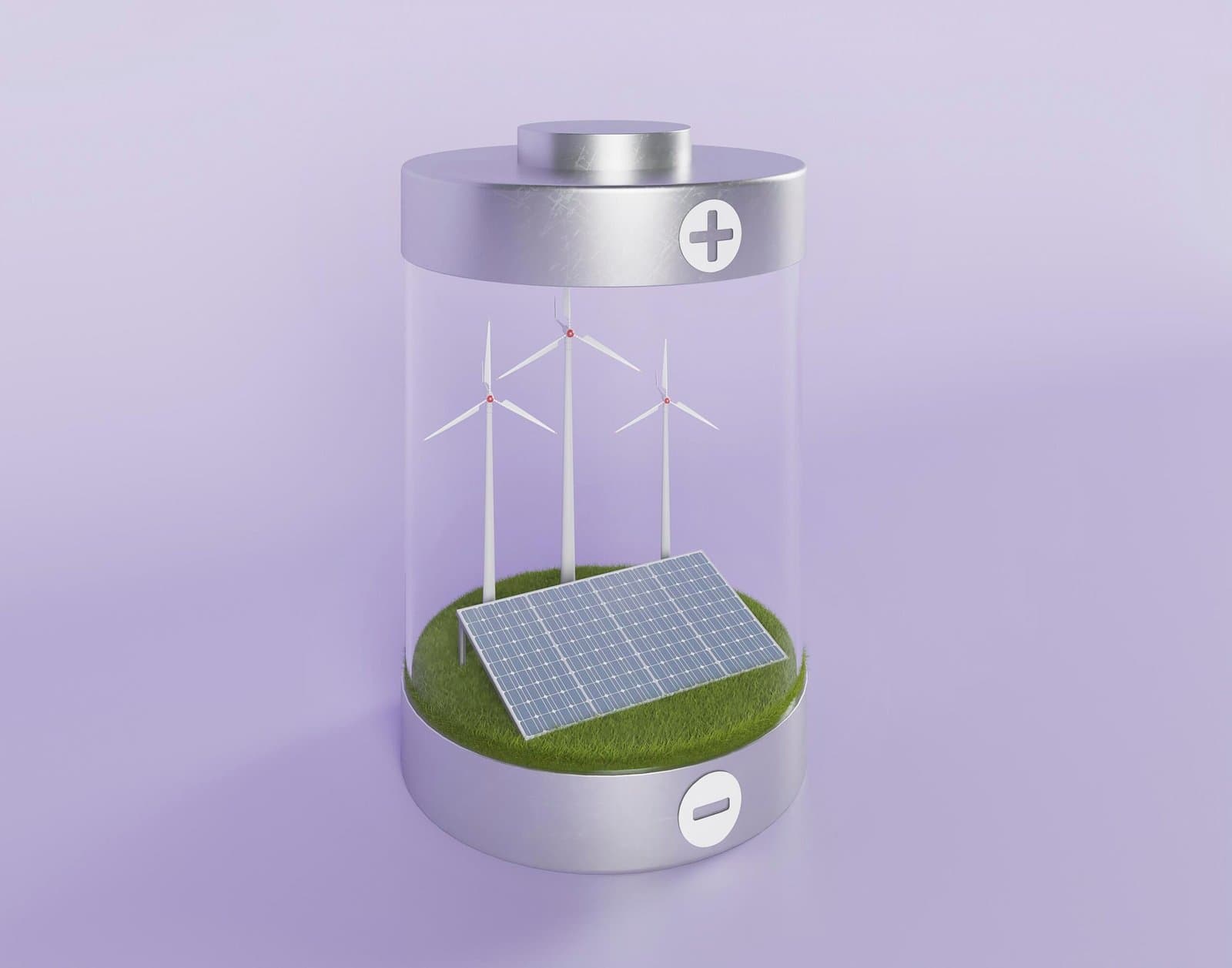Solar battery backup systems store excess solar energy for use during power outages and nighttime hours, providing reliable backup power without fuel, noise, or emissions. These systems typically cost $8,000-$30,000, last 5-15 years, and can power entire homes or essential appliances depending on capacity. They work by storing DC electricity from solar panels and converting it to AC power when needed, offering energy independence, cost savings of 20-50% on utility bills, and environmental benefits by eliminating fossil fuel dependency.
What Is a Solar Battery Backup System and How Does It Work?
A solar battery backup system is a rechargeable energy storage solution that captures surplus electricity generated by residential solar panels during daylight hours. When your home produces more solar power than it consumes, the excess energy charges the battery instead of being lost or sent back to the grid. During nighttime, cloudy weather, or power outages, the stored energy automatically powers your home, ensuring continuous electricity without grid dependency.
Key Components:
- Solar Panels: Generate DC electricity from sunlight
- Charge Controller: Regulates voltage and prevents overcharging
- Battery Storage: Stores energy (typically 10-15 kWh per unit)
- Inverter: Converts DC to AC power for home use
- Management System: Monitors performance and optimizes energy flow
System Types: DC-coupled systems store solar power directly as DC before conversion, offering higher efficiency. AC-coupled systems convert power to AC first, providing easier integration with existing solar installations.
Average Specifications:
- Capacity: 10-15 kWh per battery unit
- Lifespan: 5-15 years or 3,000-10,000 charge cycles
- Efficiency: 85-95% round-trip energy efficiency
- Power Output: 5-10 kW continuous power
- Installation Time: 1-3 days for complete system

Are Solar Battery Backup Systems a Practical Home Solution?
Thinking about installing a solar battery backup system at your residence? Here’s why it represents more than just emergency power, it’s a pathway to self-sufficient energy management and eco-friendly living.
Solar battery backup solutions deliver compelling benefits compared to conventional fuel-powered generators. While generators depend on combustible materials, create disruptive noise levels, and release harmful emissions, solar batteries deliver sustainable, clean power without these negative aspects. Consider these key distinctions:
Self-Sufficient Energy: Solar battery installations capture surplus electricity produced on bright days. During nighttime hours or grid failures, this reserved power keeps your household operating without interruption. This configuration decreases reliance on your regional power company while keeping essential appliances like cooling systems, entertainment devices, and lighting functional, strengthening your home’s ability to withstand grid disruptions.
Ecological Advantages: Selecting solar batteries means utilizing a renewable power source. Solar technology minimizes your environmental impact and promotes ecological health by eliminating the air contamination linked to diesel or gasoline-powered generators.
Financial Benefits: Despite initial expenses, solar battery installations deliver long-term monetary advantages. They decrease utility costs by deploying stored solar electricity during expensive rate periods. Additionally, these installations can reverse your electric meter by returning surplus power to the grid, possibly generating utility credits. Learn more about how much a home solar system costs to understand the full investment picture.
Silent and Pollution-Free Performance: Solar batteries function quietly, contrasting sharply with noisy traditional generators. You eliminate concerns about disturbing sounds, foul smells, or hazardous fumes. This characteristic makes them especially appropriate for neighborhoods where noise disturbances matter significantly, though it’s important to understand how HOA regulations impact solar permit approvals in planned communities.
Leveraging Current Solar Infrastructure: For residences with existing solar panel installations, incorporating a battery system amplifies your current setup’s capabilities. It enables maximum utilization of your solar arrays by preserving unused electricity that would typically be lost, particularly during grid failures when solar power normally becomes inaccessible without battery backup.
Solar Battery Functionality Explained
Picture solar batteries as oversized rechargeable power banks for your residence. As your solar arrays capture sunlight, they generate electricity. When your household doesn’t require this power immediately, it isn’t wasted. Rather, it accumulates in these storage units. Subsequently, after sunset or during overcast conditions, your residence can tap into this reserved energy rather than drawing power from the utility grid. This approach enables solar power utilization around the clock, regardless of weather conditions.
Solar Battery Categories
Several solar battery options exist, each offering distinct advantages.
Various Technologies and Their Uses
Lead Acid batteries resemble automotive batteries but are engineered for residential applications. They suit larger solar installations and offer affordability but provide shorter operational lifespans than alternatives.
Lithium-Ion batteries, similar to those powering laptops or mobile devices, dominate residential solar applications. They deliver extended lifespans and withstand more charging cycles, making them preferred choices despite higher costs.
AC versus DC Coupled Configurations
AC and DC describe electrical current types in your power system. DC (Direct Current) configurations operate straightforwardly: solar electricity stores directly in batteries as DC before converting to AC when your residence requires it. AC (Alternating Current) configurations convert solar electricity to AC prior to storage, which may reduce efficiency but provides greater installation flexibility and simplifies integration with existing solar setups. Understanding electrical fundamentals is crucial when choosing between these configurations.

Solar Permit Solutions
Off-Grid Solar System Design
Expert design services for off-grid and battery backup systems. Complete permit packages delivered fast.
Solar Battery Backup System Advantages
Installing a solar battery backup system delivers multiple substantial benefits extending beyond reduced utility expenses. Let’s examine how it maintains residential power during blackouts and its wider environmental and financial merits.
Maintaining Home Power During Grid Failures
A primary advantage of solar battery backup systems is maintaining electrical service during outages. Whether caused by severe weather or utility maintenance, your residence continues operating normally using battery-stored energy. This isn’t merely convenient but critical in regions experiencing frequent or prolonged power interruptions.
Environmental and Financial Rewards
Solar batteries enhance your home’s sustainability multiple ways. First, they eliminate dependence on fossil fuels common in traditional backup generators. This translates to reduced air pollution and decreased environmental impact. The U.S. Department of Energy provides extensive resources on solar energy technologies and their environmental benefits. Financially, beyond lowering monthly utility expenses, solar battery installations qualify for federal tax benefits, representing a sound financial decision. By preserving excess solar generation, you can potentially sell it to the grid in certain locations, earning credits and further decreasing expenses.
Selecting Your Solar Battery System
Choosing an appropriate solar battery system for your residence is vital for maximizing your solar investment’s value. Here’s what requires consideration for optimal selection.
Design Factors
When organizing your solar battery installation, evaluate your home’s typical energy consumption, especially during high-demand periods or emergencies when battery reliance is total. You must also assess available physical space for battery installation, certain systems demand more area than available. Your regional climate impacts battery performance and durability; extreme temperatures can diminish efficiency. For comprehensive planning assistance, explore our professional solar design services.
Selecting the Appropriate System for Your Requirements
Begin by reviewing your utility statements to measure household energy consumption. This helps determine necessary battery capacity. Consider future energy requirements as well. Planning to purchase an electric vehicle or add electrical appliances? This might necessitate greater capacity batteries.
Subsequently, evaluate the battery’s operational lifespan and warranty coverage. Extended warranty periods typically signal more dependable and durable products. Finally, research the manufacturer’s standing and available service. Selecting a reputable provider ensures superior post-installation assistance. For more insights, visit the Solar Energy Technologies Office blog for the latest industry updates.
Solar Battery Capacity and Dimensions
Selecting appropriate dimensions and capacity for your solar batteries is crucial for efficiently satisfying your residence’s energy requirements.
What Quantity of Solar Batteries Powers a Residence?
Required battery quantity depends on multiple variables, including household energy consumption, solar panel system dimensions, and desired backup power duration during outages. Generally, larger residences or those with elevated energy usage require additional batteries. It involves discovering the proper balance for typical daily energy requirements.
Can Solar Batteries Power Complete Homes?
Absolutely, solar batteries can power complete homes, though extent depends on system capacity and household energy demands. With appropriately sized systems, you can operate all critical appliances, including lighting, refrigeration, and climate control systems, even during grid failures. The solution lies in matching battery capacity to your residence’s maximum energy requirements. Whether you’re considering commercial solar design or residential applications, proper sizing is essential.

Solar Battery Maintenance and Operational Life
Appropriate maintenance and understanding solar battery operational life helps maximize your investment.
Battery System Longevity?
Solar batteries typically function between 5 to 15 years, depending on battery type, usage patterns, and charging cycle management. Regular operation and proper maintenance can achieve or potentially exceed this range’s upper threshold.
Operational Life and Warranty Coverage
Most solar batteries include warranties covering specific time periods or designated charge cycles, whichever occurs first. These warranties indicate battery lifespan and manufacturer product confidence. Always review warranty specifications to understand coverage details.
Battery Backup System Maintenance
Solar battery maintenance is typically minimal, though regular inspections matter. This includes verifying secure connections, maintaining clean and dry battery environments, and updating system software. Certain advanced battery systems feature remote monitoring capabilities, enabling you or service providers to track system performance and resolve issues promptly. Proper wire management and conduit practices are essential for long-term system reliability.
Solar Battery Advantages and Disadvantages
Solar batteries represent powerful additions to residential solar systems, yet like all technology, they present distinct benefits and limitations.
Advantages:
- Dependability: Solar batteries supply power during outages, ensuring residential operation when the grid fails.
- Energy Autonomy: Decrease grid dependence and manage personal energy consumption.
- Financial Savings: Reduce electric bills by utilizing stored solar power during peak demand periods when electricity costs peak.
- Environmental Benefits: Lower your carbon footprint through clean, renewable energy usage, supporting global initiatives outlined by the United Nations Environment Programme.
Disadvantages:
- Initial Investment: Solar battery initial costs can be substantial, though tax incentives and rebates can offset expenses.
- Space Needs: Depending on system dimensions, solar batteries may require considerable installation space.
- Installation Complexity: Installation and integration with current solar systems can be complicated and typically requires professional expertise. Understanding what happens if you install solar without a permit is crucial before proceeding.
Solar Battery Practical Considerations
When contemplating solar battery additions to your system, practical matters require evaluation to ensure alignment with energy requirements and lifestyle.
Do Solar Batteries Function During Power Outages?
Definitely! A primary reason homeowners install solar batteries is their capability to supply power during grid outages. Solar batteries preserve excess energy generated during daylight, usable at night or during outages, maintaining critical appliances operational without disruption.
Is Battery Storage with Solar Worthwhile?
For many, absolutely, particularly if experiencing frequent power outages or residing in areas with elevated electricity costs. Adding battery storage to solar systems can maximize solar energy utilization, reduce grid dependence, and provide assurance that your residence maintains power during outages.
Furthermore, with rising energy costs and available incentives for solar installations, solar battery investment returns are strengthening. The World Bank’s energy resources provide valuable data on global energy trends and sustainable development initiatives.

Solar Battery Technical Elements
Understanding solar battery technical elements assists in making informed decisions about integrating them into residential energy systems. Two essential components in these systems are inverters and charge controllers.
Inverter Functions in Solar Battery Systems
Inverters serve crucial functions in solar battery systems. Their principal purpose is converting direct current (DC) electricity produced by solar panels into alternating current (AC) electricity, the electricity type utilized in most residences.
Regarding solar batteries, inverters also regulate electricity flow between solar panels, battery, and home. Some systems employ hybrid inverters combining this functionality with battery charging capability and energy storage management. This integration enables smoother operation and enhanced efficiency of residential energy systems. Learn about solar interconnection methods to understand how these systems connect to your home’s electrical system.
Can Solar Batteries Charge Without Charge Controllers?
No, charge controllers are essential for safe solar battery charging. They regulate voltage and current flowing from solar panels to batteries. Without charge controllers, batteries could experience overcharging on sunny days, resulting in reduced battery life or damage. Understanding DC connector risks helps prevent potential fire hazards in your solar system.
The charge controller ensures batteries charge at appropriate rates and cease charging when full. This not only protects batteries but optimizes the charging process to maximize available sunlight utilization.
Conclusion
Solar battery backup systems represent a transformative investment for modern homeowners seeking energy independence, reliability, and environmental responsibility. As utility costs continue rising and grid instability becomes increasingly common, these systems offer a practical solution that addresses both immediate concerns and long-term sustainability goals.
The transition to solar battery technology isn’t merely about having backup power during outages, it’s about fundamentally changing how you interact with energy. By capturing and storing sunlight during peak production hours, you gain control over when and how you consume electricity, reducing dependence on utility companies and protecting yourself from fluctuating energy rates. The environmental benefits further amplify this decision’s value, as every kilowatt-hour stored and used from your battery system represents reduced fossil fuel consumption and lower carbon emissions.
While the initial investment requires careful consideration, the combination of federal tax incentives, long-term utility savings, and potential grid credits make solar batteries increasingly accessible. Modern systems offer impressive lifespans of 5-15 years with minimal maintenance requirements, and as technology advances, efficiency continues improving while costs decline.
Whether you’re motivated by emergency preparedness, cost savings, environmental stewardship, or energy autonomy, solar battery backup systems deliver tangible benefits that extend well beyond their purchase price. For homeowners ready to take control of their energy future, there’s never been a better time to explore solar battery solutions. Contact us to discuss your specific needs, or explore our blog for more solar energy insights.
FAQs
Off-Grid Solar System Design
Expert design services for off-grid and battery backup systems. Complete permit packages delivered fast.
Frequently Asked Questions
Solar battery backup system costs vary significantly based on capacity, brand, and installation complexity. Generally, residential systems range from $8,000 to $15,000 for a single battery unit, with larger homes requiring multiple batteries potentially reaching $20,000-$30,000. However, federal tax credits can offset 30% of these costs, and many states offer additional incentives. When calculating total cost, factor in long-term savings from reduced utility bills and potential earnings from selling excess energy back to the grid. Most homeowners see return on investment within 7-12 years, though this timeline varies based on local electricity rates and usage patterns.
Solar batteries are designed to handle variable weather conditions. During cloudy periods, your solar panels still generate electricity, albeit at reduced capacity—typically 10-25% of full production depending on cloud density. Your battery will charge more slowly during these periods. If you experience several consecutive cloudy days and your battery depletes, your home automatically draws power from the utility grid seamlessly. Most battery systems are sized to provide 1-3 days of backup power for essential loads, giving you substantial buffer time. Additionally, you can optimize usage during cloudy stretches by prioritizing critical appliances and reducing non-essential electrical consumption.
Yes, most existing solar panel systems can accommodate battery additions, though the process varies depending on your current setup. If you have a newer system with a hybrid inverter, adding batteries is relatively straightforward. Older systems with standard inverters may require inverter upgrades or AC-coupled battery solutions, which convert AC power back to DC for storage. The retrofit process typically takes 1-2 days and requires professional assessment to ensure compatibility. Some older solar panel systems may need electrical upgrades to handle bidirectional power flow. Consult with a qualified solar installer to evaluate your specific system's compatibility and determine the most cost-effective integration approach.
Determining appropriate battery size requires analyzing several factors. Start by reviewing 12 months of utility bills to calculate average daily energy consumption (measured in kilowatt-hours or kWh). Next, identify which appliances you consider essential during outages—most homeowners prioritize refrigeration, lighting, internet/communication devices, and heating/cooling systems. A typical American home uses 25-30 kWh daily, but essential loads might only require 10-15 kWh. Battery capacity is measured in usable kWh; most residential batteries offer 10-15 kWh per unit. For whole-home backup, you might need 2-3 battery units, while partial backup for essentials may require just one. Professional energy audits provide precise sizing recommendations based on your specific usage patterns and backup duration goals.
Solar batteries require minimal maintenance compared to traditional generators, making them remarkably user-friendly. Most modern lithium-ion batteries are essentially maintenance-free, requiring only periodic visual inspections every 3-6 months to check for physical damage, ensure proper ventilation, and verify secure connections. Many systems include remote monitoring capabilities that automatically alert you or your installer to performance issues, software updates, or needed attention. The surrounding area should remain clean, dry, and within manufacturer-specified temperature ranges. Professional inspections are recommended annually to verify optimal performance and address any potential concerns. Unlike generators, there's no oil to change, no fuel to store, and no engine components to service. Most manufacturers provide comprehensive monitoring software that tracks battery health, charge cycles, and performance metrics, making it easy to ensure your system operates at peak efficiency throughout its 5-15 year lifespan.
SPS Editorial Team
Solar Permit Solutions
Solar Permit Solutions provides professional solar permit design services for residential, commercial, and off-grid installations across all 50 states. Our team ensures permit-ready plan sets delivered fast.
Related Articles

Section 25D Expiration: Homeowner Options In 2026
The Section 25D Residential Clean Energy Credit, which covered 30% of residentia...

Solar Permits In Arizona: Phoenix, Tucson, Maricopa County, And Mesa Requirements (2026 Guide)
Arizona solar permitting at a glance: Arizona HB2301 now requires every municipa...

Solar Permits in Los Angeles: LADBS Requirements, Fees, and Timeline (2026 Guide)
Quick Answer: Solar permits in Los Angeles are issued by LADBS and require LAFD ...
